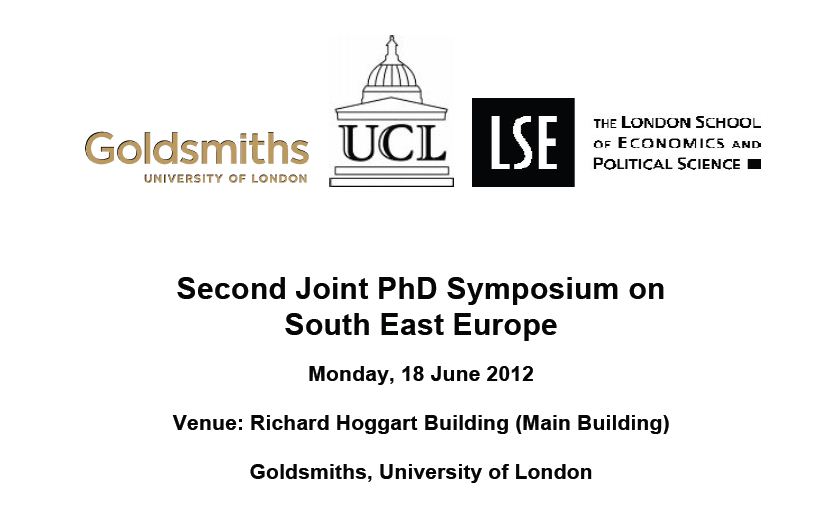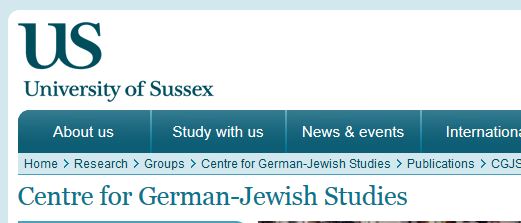 EARLY RUSSIAN ITINERARIES : MOVEMENT AND THE SPACE OF THE RUSSIAN EMPIRE
EARLY RUSSIAN ITINERARIES : MOVEMENT AND THE SPACE OF THE RUSSIAN EMPIRE
DEADLINE: November 30th, 2012
The Russian, East European, and Eurasian Center (REEEC) at the University of Illinois, Urbana-Champaign has opened a call for papers to present at the Ralph and Ruth Fisher Forum, to be held in Urbana, Illinois on Friday June 14th and Saturday June 15th, 2013. This year’s conference, “Early Russian Itineraries” will focus on the production of Russian Imperial space by bringing to the fore the movement and circulation of material objects, peoples and ideas within and across the imperial domain. The chronological focus of this event will be on the long eighteenth century (1650-1825), but applications from scholars working on earlier periods are encouraged as well.
Though absolute properties of Russian geography—most notably, the constraints placed on human action by Russia’s size, climate, and position in global state systems—are frequently invoked in accounts of Russia’s history, relatively few studies have attempted to think through the communicative processes involved in the making of Russia as space. As a result, to borrow the words of the 19th century human geographer Paul Vidal de la Blache, “one pictures the earth as ‘the stage upon which man’s [sic] activities take place,’ without reflecting that the stage itself is alive.” This is perhaps especially true of the medieval and early modern formation of the Russian empire, whose communicative geography and system of human-made relations remain understudied. This is particularly to be regretted, because without an understanding of movement, we lack a clear picture of the making of Russian imperial space: the genesis, reach, and footprint of imperial culture, politics, and society. “We produce and reproduce space through our movements,” Richard White has argued: this conference seeks to situate our stories about the making imperial Russian life within such an expanded, process-oriented understanding of space.
Broadly synthetic papers as well as archival-based work grappling with the most basic questions of physical movement are encouraged for submission. Also welcome is work that attempts to illuminate simple empirical questions such as: What exactly was being moved? Where did it go? How was it moved, how often and by whom? Desired presentations include those considering such issues as: to what extent were new or existing patterns of movement bound up with the emergence of empire in Russian life? What influence did these patterns have on Russia’s political, social or cultural positions in the world? To what extent can such spatial analysis help us rethink issues of continuity, change and difference in Russian history, across both international and chronological divides? Also requested are papers introducing sustained comparative and interdisciplinary dimensions to the discussion; situating Russia’s movement systems within broader histories and cultures of movement. Additionally, an objective of this conference is to create new frameworks for scholarship on medieval and early imperial Russian history.
Please submit paper abstracts (250 words in .doc or .pdf file format) to the conference organizer, Rachel Koroloff (rkorolo2@illinois.edu) by Friday, November 30th, 2012. Please include, “Fisher Forum 2013” in the subject heading. Conference participants will be notified of their acceptance by January 1st, 2013. Please note that discussion will be based on pre-circulated presentation materials or paper abstracts; potential presenters are advised to plan accordingly. Graduate students are strongly encouraged to apply.
Partial financial support for travel and housing expenses will be offered to eligible conference participants as funding permits. Supplementary funds may also be available for eligible applicants to the Russian, East-European, Eurasian Center’s Summer Research Lab. Certain restrictions do apply, please see the REEEC website (http://www.reeec.illinois.edu/srl/) for more information.
Please contact co-organizers Rachel Koroloff (rkorolo2@illinois.edu) or John Randolph (jwr@illinois.edu), with any questions about this event.
John Randolph (Department of History, University of Illinois at Urbana-Champaign)
Rachel Koroloff (Department of History, University of Illinois at Urbana-Champaign)












